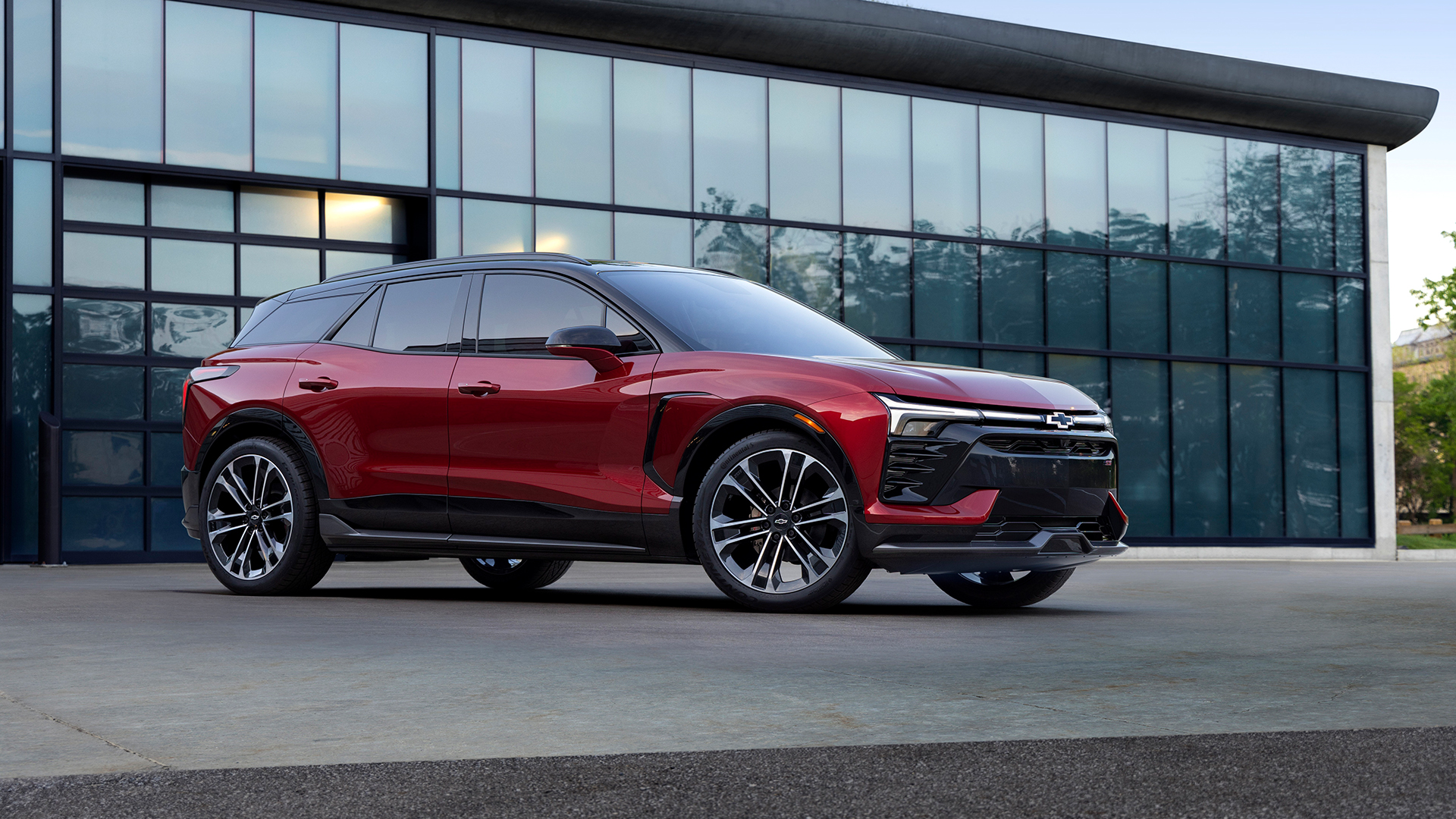These are the 10 EVs you can get a tax break on in 2024

Federal tax credit rules are changing as of January 1 in the US, with the $7,500 tax break now only applicable to a handful of electric vehicles.
The changes are coming into force as an incentive for manufacturers to build and source materials for their electric vehicles on home soil, rather than relying on outsourcing much of it to Asia and beyond.
This is particularly pertinent for "Foreign Entities of Concern," or FEOC, namely China, North Korea, Russia and Iran. Essentially, any manufacturer outsourcing battery tech to any of those aforementioned countries will not be able to offer the tax incentive on its models.
According to the IRS website, vehicles will receive a $3,750 tax credit if they meet the "critical minerals requirement only" or the "battery components requirement only", which is any EV that has at least 50% of its materials sourced from North America or any country the US has free trade agreements with, such as Australia, South Korea, Singapore and more.
If the vehicle manages to meet both those requirements, it will be eligible for the full $7,500 credit. But only if it has a battery capacity of at least 7kWh, weighs less than 14,000 pounds, undergoes final assembly in North America and doesn’t cost more than $80,000 for vans, sport utility vehicles and pickup trucks, or $55,000 for other vehicles.
According to The Street, the tax credits will also not be applicable to individuals earning over $150,000 or couples bringing in over $300,000 combined.
Tax break shopping list

The list of requirements is long and a number of big name manufacturers now won’t qualify for federal tax breaks, including models from popular brands such as Kia, Mercedes-Benz, BMW, Nissan and more.
Sign up for breaking news, reviews, opinion, top tech deals, and more.
Handily, The Street has rounded up those models that do meet the requirements for the full $7,500 tax credit and it is unsurprisingly dominated by Chevrolet.
- Chevrolet Bolt EV - $26,500
- Chevrolet Equinox EV - $48,995
- Ford F-150 Lightning - $49,995
- Tesla Model 3 Performance - $50,990
- Chevrolet Silverado - $51,895
- Tesla Model Y Performance - $52,490
- Chrysler Pacifica PHEV - $53,425
- Chevrolet Blazer EV - $60,215
- Cadillac LYRIQ - $58,590
- Tesla Model X - $79,990
You might also like

Leon has been navigating a world where automotive and tech collide for almost 20 years, reporting on everything from in-car entertainment to robotised manufacturing plants. Currently, EVs are the focus of his attentions, but give it a few years and it will be electric vertical take-off and landing craft. Outside of work hours, he can be found tinkering with distinctly analogue motorcycles, because electric motors are no replacement for an old Honda inline four.